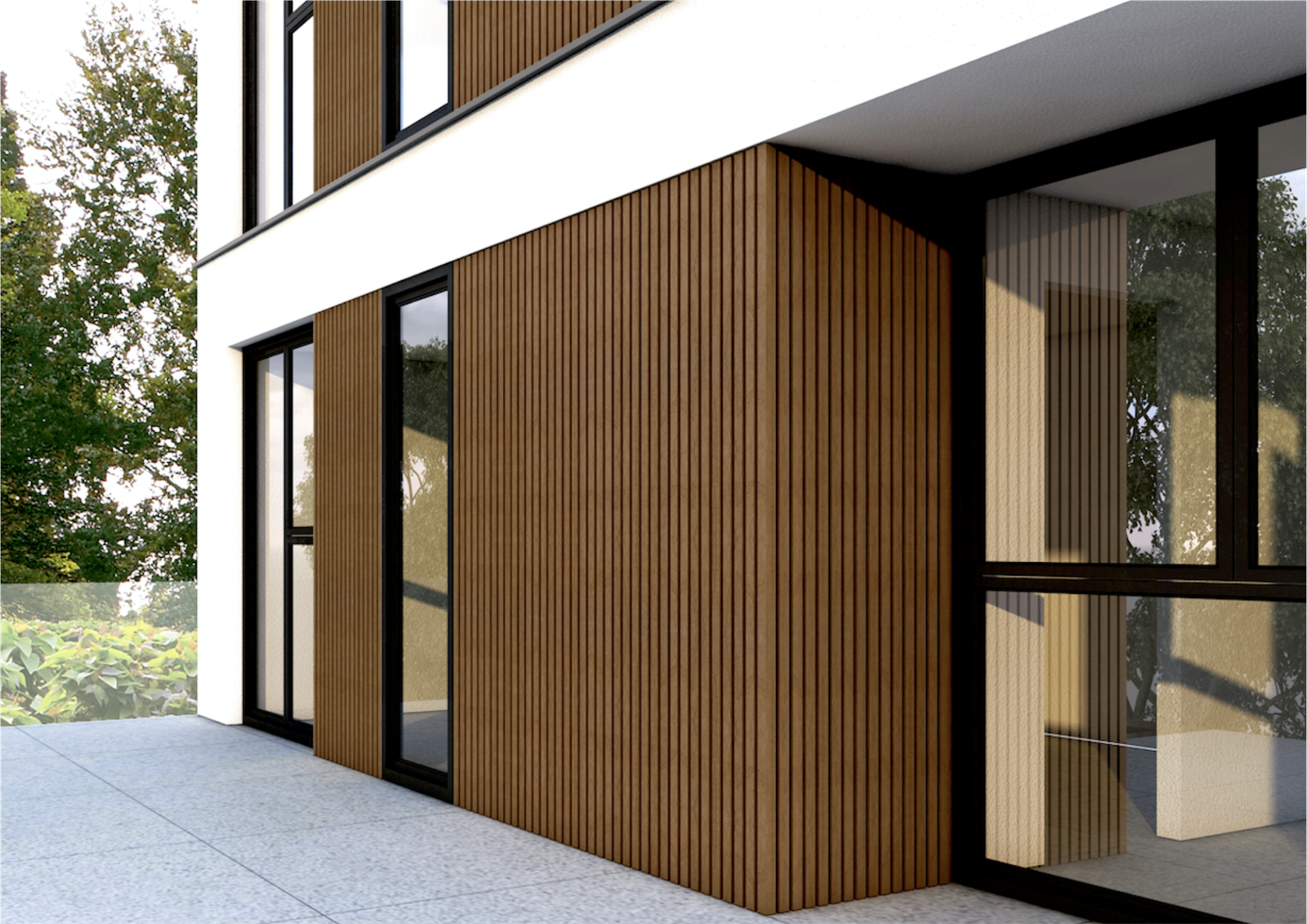 Introduction
Introduction
When it comes to choosing materials for fencing, decking, wall cladding, and deck tiles, there are various options available in the market. One popular choice is Wood-Plastic Composite (WPC), which offers several advantages over Natural Fiber Composites (NFC). In this article, we will explore the reasons why WPC materials are a better choice for these applications.
 1. Durability and Longevity
1. Durability and Longevity
WPC materials are known for their exceptional durability and longevity. Unlike natural fiber composites, which are prone to rotting, warping, and decay over time, WPC materials are designed to withstand the harsh elements and retain their structural integrity for years to come. This makes them a reliable choice for outdoor applications such as fencing, decking, wall cladding, and deck tiles.
 2. Low Maintenance
2. Low Maintenance
One of the key advantages of WPC materials is their low maintenance requirements. Unlike natural fiber composites, which often require regular sealing, staining, and painting to maintain their appearance, WPC materials are designed to be virtually maintenance-free. They do not require any special treatments or coatings to protect them from moisture, insects, or UV rays. A simple cleaning with mild soap and water is usually sufficient to keep them looking their best.
3. Versatility and Design Options
WPC materials offer a wide range of design options and versatility. They can be easily molded and shaped to create unique and customized designs for fencing, decking, wall cladding, and deck tiles. Whether you prefer a traditional wood-like appearance or a more modern and sleek design, WPC materials can be tailored to suit your aesthetic preferences. Additionally, they are available in a variety of colors, finishes, and textures, allowing you to create the perfect outdoor space that complements your overall design scheme.
4. Environmental Sustainability
WPC materials are an environmentally sustainable choice compared to natural fiber composites. They are made from a combination of recycled wood fibers and plastic, reducing the demand for virgin materials and diverting waste from landfills. By choosing WPC materials for your fencing, decking, wall cladding, and deck tiles, you are contributing to the conservation of natural resources and reducing your carbon footprint.
5. Cost-Effective
While the initial cost of WPC materials may be slightly higher than natural fiber composites, they offer long-term cost savings. Due to their durability and low maintenance requirements, WPC materials have a longer lifespan and do not require frequent replacement or expensive maintenance treatments. Over time, this can result in significant cost savings, making WPC materials a cost-effective choice for outdoor applications.
Conclusion
When it comes to choosing materials for fencing, decking, wall cladding, and deck tiles, WPC materials have several advantages over natural fiber composites. They offer exceptional durability and longevity, low maintenance requirements, versatility in design options, environmental sustainability, and long-term cost savings. By opting for WPC materials, you can create a beautiful and functional outdoor space that will stand the test of time.
